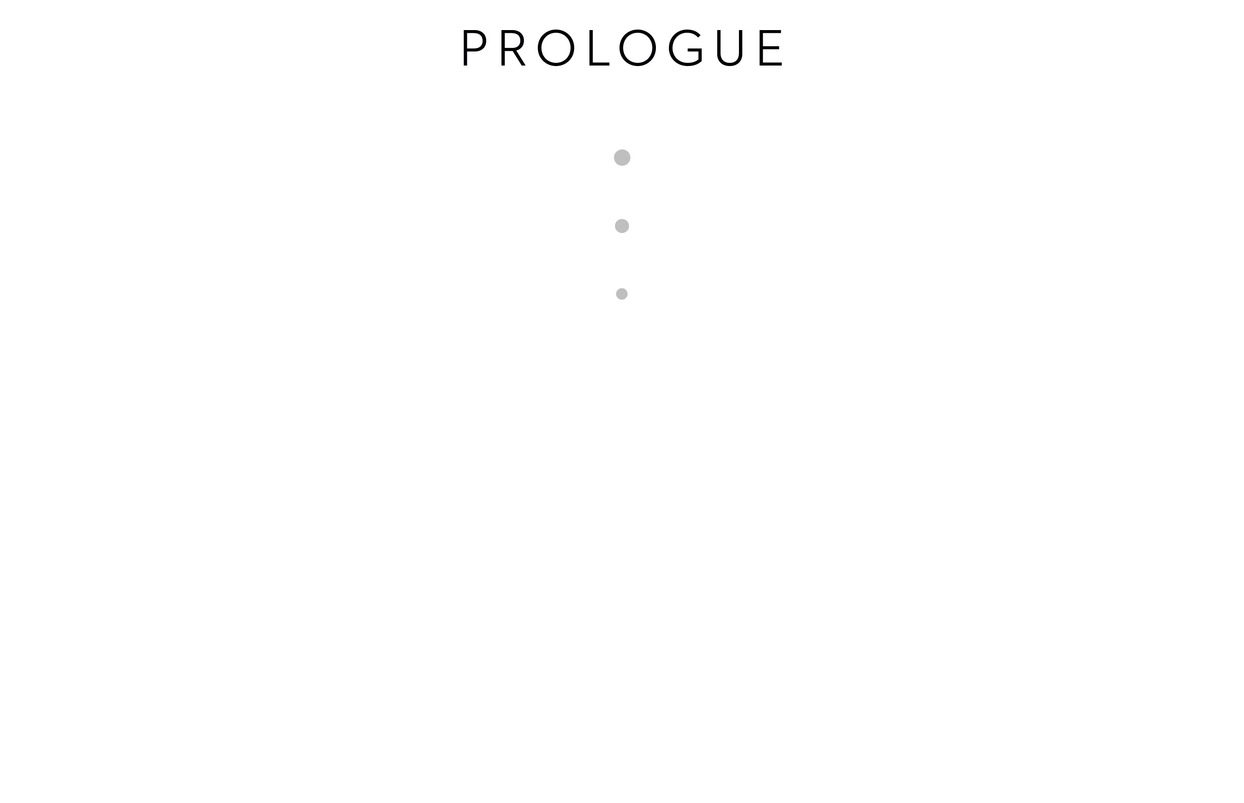
The India where I was born, three decades after Independence, was a country struggling to navigate a path into modernity. It was a society where religion still played a crucial role from cradle to grave. My own family included both believers and nonbelievers, but every one of them was alarmed by the choice I made to leave behind a comfortable and privileged existence in pursuit of a contemplative life. But what they saw as running away, in defiance of all expectations that society had laid on me, I felt instead as running toward something that pulled me, mysteriously but irresistibly.
My decision to set out from home into something profoundly unknown sparked a long and painful discord with my family, but it also led to encounters both serendipitous and meaningful with individuals who helped to shape how I see the world. They were willing to engage with me, even as a child, because I came to them with an open heart and mind, and they became beacons to me, lighting my way. A journey that began by defying my family’s expectations has also defied other predictable paths, crossing the boundaries of different traditions. The monastery where I live now and where I turn for moments of solitude is within the heart and mind; the whole world is my cloister.
Many of the events and individuals that I’ve encountered on this journey have been profoundly and inexplicably mysterious. The modern mind is ill at ease with uncanny events that defy rational explanation. We tend to look for psychological or cultural explanations, as if only what escapes those filters can truly be called mysterious. But not all experience fits into the binary categories of rational or irrational, and mystery is not merely what fails the test of reason. There is a realm of the mind where the experience of mystery is valid on its own terms. Understanding it may lie beyond the scope of language, but it is not outside the realm of human capacities. And sometimes, like a prism revealing the colors contained within a beam of white light, mystery serves as a portal to deeper questions and answers than our rational minds can perceive.
I believe that all humans are contemplative by nature; we all share the potential for contemplative exploration that beckoned to me. Whatever we think of religion, however we are culturally shaped, we are all drawn to deeper questions about the meaning and purpose of our lives. This capacity for embracing the mystery of what it means to be alive is available to all of us, our human birthright. We can choose to ignore it, but I would invite you instead to explore it.
Any reluctance we might feel at the doorway is likely rooted in fear, though our faintheartedness is not truly fear of the unknown. Our fear is more precisely the fear of abandoning the known, the comfort zone of the familiar, with its false sense of certainty and complacent promises. It is this self-created echo chamber that constrains our growth and makes the unknown territory of our deeper potential seem distantly strange and mysterious. The first step on a journey beyond these self-imposed borders is to hear the invitation that beckons from a place of mystery.
I was ten years old when this story begins.